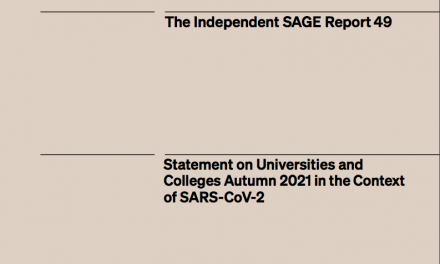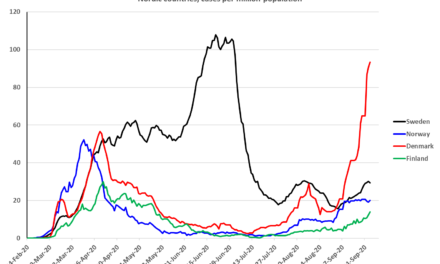Being a part of the crowd at live events such as the Euros is good for us. Participation at live events creates positive experiences and emotions. Much of the ‘atmosphere’ we enjoy at such events come from being amongst like-minded others who validate our own emotions. These positive feelings can contribute to mental and even physical wellbeing. In addition, being part of the crowd at these events provides an opportunity for social support from others. Being supported leads us to feel safe and secure and helps us deal with stress.
But in a time of pandemic, these opportunities for enhancing our wellbeing through being together with like-minded others at live events are also possible risks. Live events constitute potential sites of infection spread precisely because we are among those we trust. Because we feel safer amongst our peers in the crowd, we may be tempted to do the very things that the UEFA guidance asks us not to do: being close to others for long periods, taking our mask off (to cheer or chat to those nearby), shake hands and so on.
The current context serves to accentuate these risks. We are witnessing a rapid increase in COVID-19 cases in England. Public Health England figures released on 3rd June suggest that the Delta variant has spread widely across the UK and is continuing to spread. It has higher infectivity than the previous circulating variant and is more likely to cause disease and hospitalisation. There is increasing evidence that vaccine efficacy is compromised in respect of this variant and that individuals remain at particular risk until they receive both doses of a two-dose vaccine. In addition, there is some evidence that protection from two doses wanes after several months, particularly in the elderly. Meanwhile, cases are surging in school-aged children and spreading into the community, particularly those not yet fully vaccinated. It is clear that the link between infection and hospitalisation has not yet been entirely broken.
It is therefore particularly important to put mitigations in place so as to minimise any effect the Euros might have in contributing to infection transmission and thereby put at risk the relaxation of restrictions in recent weeks and months.
First of all, it is important to ensure that infected individuals do not attend games. The present policy is that entry will be allowed to those with proof of either full vaccination or of a negative lateral flow test result within 48 hours of stadium opening. However, these tests may be self-administered and, since people will have a strong reason to avoid positive results, this will very likely inflate the false negative rate.
Second, it is important to ensure that close crowding is avoided at games, especially in indoors sections of stadia. Problems arise particularly at the start and end of games if everyone seeks to go through the turnstiles at the same time – for example when supporters of the defeated team leave early.
Third, while problems may arise at games, likely greater dangers arise outside the game in more unregulated spaces. This includes public transport, gathering at pubs before and after the game (or, for those without tickets, watching in pubs) and gathering in homes for the game. Clear communication and guidelines are necessary to address these issues.
Accordingly, we propose the following actions
Actions for organisers
- Replace self-administered LFTs with professionally administered tests.
- Arrange staggered arrival and departure from the stadium; avoid the situation where fans from the losing side all try to leave early, and there is congestion at exits
- Close inside drinks and food outlets
- Develop a communication plan, based on consultation with fan groups, on how they can help communicate safe behaviour before, during and after events. Use figures who are trusted and respected by fans to deliver messages.
Actions for fans:
- Plan what you do before and after matches to avoid gatherings. Activities and locations before and after the event are likely to be the most risky – travelling on public transport, gathering in pubs, busy queues.
- If you visit a pub or meet with others in your homes, make sure it has the windows and doors open: poorly ventilated meeting spaces should be avoided.
- If you see your friends and others removing their mask, hugging, or shaking hands, don’t take this as a signal that it’s ok to do the same.
- As far as possible, don’t sit close together
- Don’t share food or drink (e.g. eat snacks from the same bowl)
- Remember, if you breathe others’ air, you share their infection!
Independent SAGE
11th June 2021



